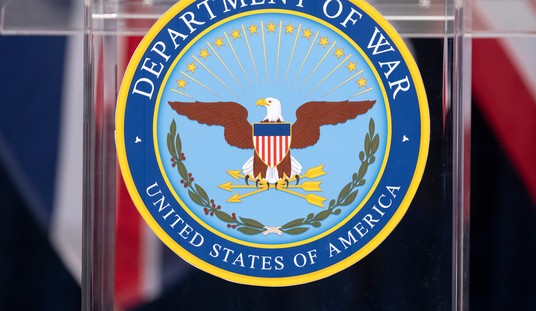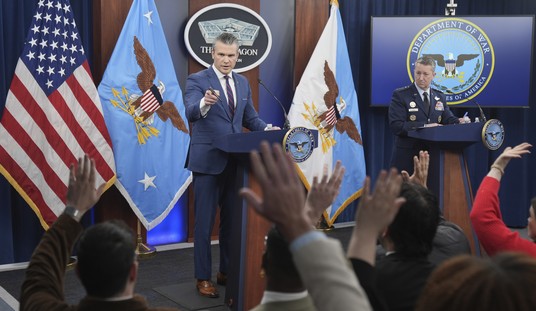
While described as an indictment of Donald Trump, the film project has a very different inspiration.
The recent announcement came that “Transformers” director Michael Bay was set to produce a film set in the near future. The focus of a bidding contest, rights to “Little America” were won by Universal Pictures. Bay’s production company, Platinum Dunes, will be producing the film set at time in the future of social upheaval when America’s debts are called in by China.
The main story involves a former military member hired by a Chinese billionaire to rescue his daughter from an American slum city. Many citizens are emigrating to China, which has a thriving economy.
When the announcement was made many jumped on board with a similar analysis of the plot:
THE GUARDIAN – “A Trump-esque dystopia”
SALON – “Trump-inspired”
THE HILL – “A Donald Trump-like President”
MSN – “A movie about Trump bankrupting the country”
While the press shows uniformity of describing this story as a Trumpian landscape, it is not based on the press release from the company. Their description of the plot and the film’s prospects never mention Trump, nor even allude to the current President. That synopsis shared by many outlets seems to derive solely from this Hollywood Reporter piece, written by Borys Kit.
This is another example of the entertainment press joining their mainstream brethren in being Trump-obsessed and attaching his name to any report possible. Since the election, recently released movies from “Rogue One” to numerous others have seen critics and industry writers strain to tie a relevance to our new President.
While the plot of “Little America” seems a natural fit for their derangement, the truth is the real inspiration comes from the other side of the storyline.
The fact that China is held up as the powerful nation in the dystopia of “Little America” is no accident. Movie economics are now stating it is more than just fashionable to trash the U.S. and hail Peking. Hollywood has been steadily focusing its future fortunes on the Chinese box office, for numerous reasons.
Over the past decade the North American box office totals have been a paper tiger. While the past two years set records in annual revenue the underlying reality is actual ticket purchases have been eroding. At the same time China has seen a wild expansion in its theater industry. It is predicted in a few short years the Chinese box office totals can actually exceed those in the U.S.
Yet while Hollywood studios certainly want a piece of that action it is not an open market. The mainland exhibitor industry is run by the Chi-Coms. Not only is the state governing theaters and encouraging expansion, they also oversee the production and distribution side. This has proven to be a challenge for American studios.
The Chi-Coms permit only a few dozen American-produced titles in the their theaters each year. Additionally, the percentage of the box office paid to studios is lower than most other territories – roughly 25%. (Films co-produced with mainland studios earn a higher rate, just over 40%. This is why blockbusters such as “Transformers: 4” have plots taking place in China, for example.)
But even with limited release windows, and a truncated ticket revenue, studios are eager to please China. One recent title will show why this is the case. “xXx: The Return Of Xander Cage” has been mostly disappointing stateside, earning less than $50 million after one month. In China the film just debuted with a $62 million weekend, so even with the limited revenue sharing it could earn more for the studio than in the states.
It is for this reason a seemingly pro-China film is earning support. Making a statement about Trump is not nearly as important to the studios as keeping in the good graces of the Chi-Coms.














Join the conversation as a VIP Member